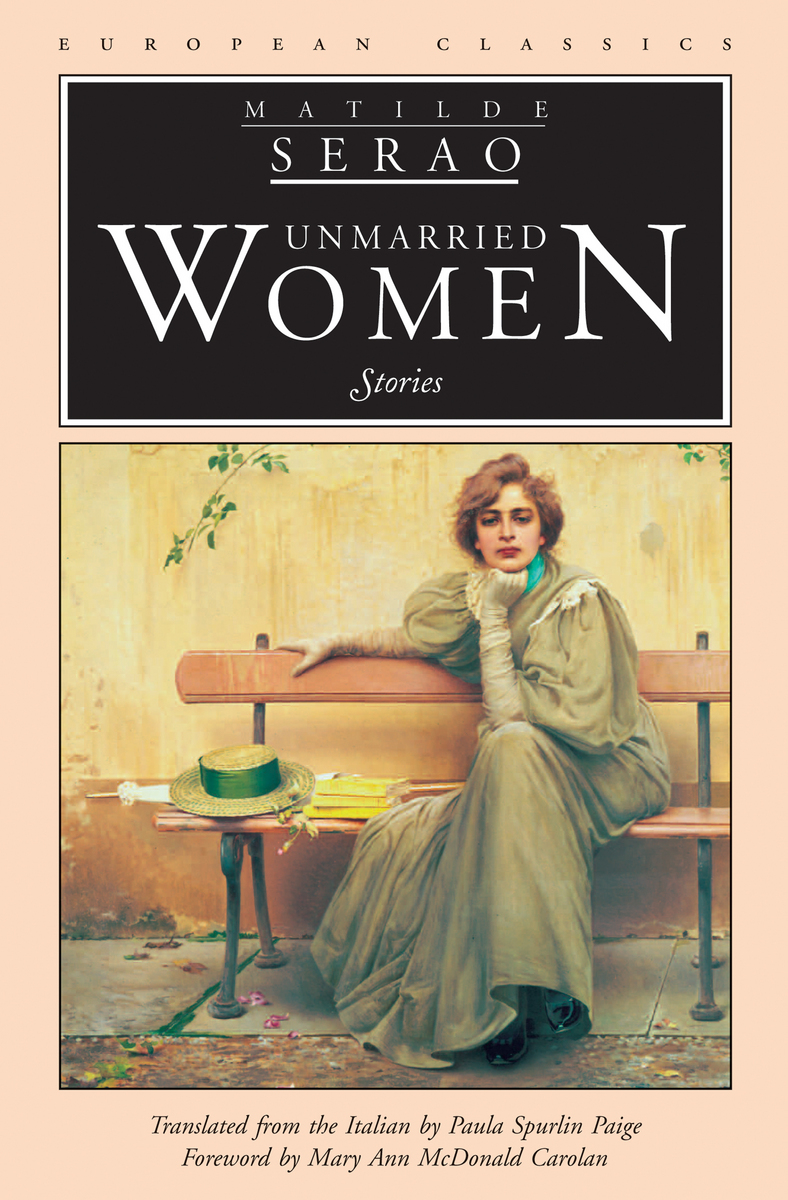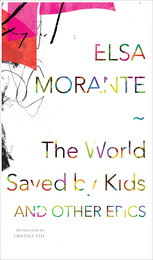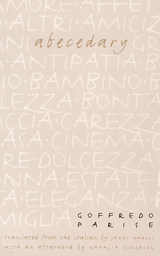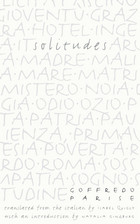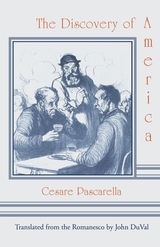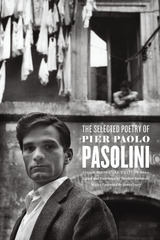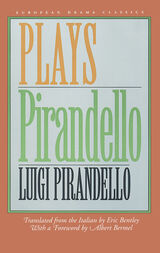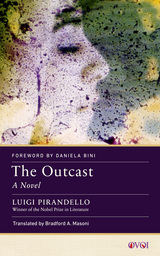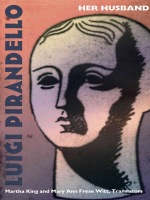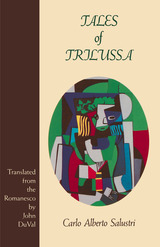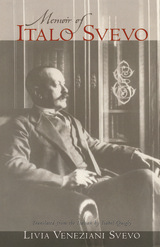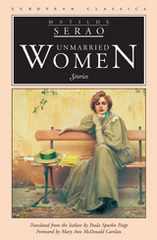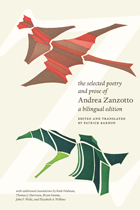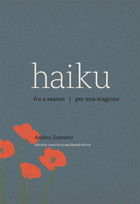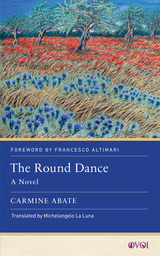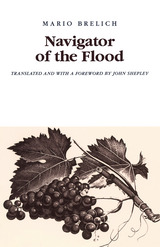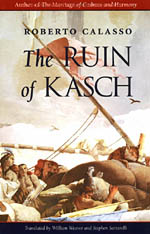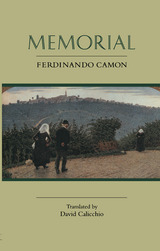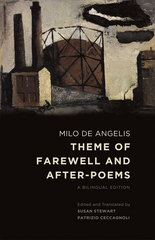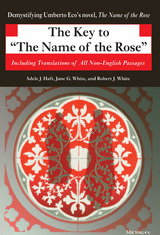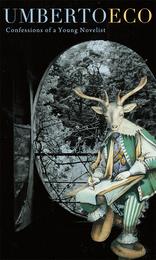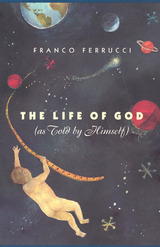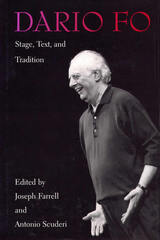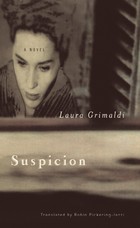Unmarried Women: Stories
Northwestern University Press, 2007
Paper: 978-0-8101-2404-2 | eISBN: 978-0-8101-6221-1
Library of Congress Classification PQ4841.E7A2 2007
Dewey Decimal Classification 853.8
Paper: 978-0-8101-2404-2 | eISBN: 978-0-8101-6221-1
Library of Congress Classification PQ4841.E7A2 2007
Dewey Decimal Classification 853.8
ABOUT THIS BOOK | AUTHOR BIOGRAPHY | TOC | REQUEST ACCESSIBLE FILE
ABOUT THIS BOOK
Matilde Serao is widely regarded as the most successful Italian woman journalist of the nineteenth century as well as being an important writer of fiction. A great observer of life, Serao focused her writing directly on the most pressing problems of a newly unified Italy, urban poverty, and the North/South divide. Historian and critic Benedetto Croce said of her that she had an "imagination that is limpid and alive"; Nobel Laureate Giosuè Carducci called her the greatest woman writer in Italy; and Gabriele D'Annunzio dedicated a novel to her. She was apparently on the short list for the Nobel Prize in 1926, which ultimately went to the Sardinian writer Grazia Deledda.
This collection, the first to make Serao’s short stories available in English translation, reflects this naturalistic writer’s interest in the everyday drama of the lives of women in the Italy of her day. In Serao’s spare and simple prose, the young women of turn-of-the-century Naples come to life, negotiating the details of school and work, church and marriage, in a world circumscribed by fathers and chaperones, fiancés and bosses. Infused with the writer’s deep sense of humanity, their quietly involving stories—at once so poetic and so ordinary—attest to the transformative power of literature, and to the promise that even the most humble life holds.
This collection, the first to make Serao’s short stories available in English translation, reflects this naturalistic writer’s interest in the everyday drama of the lives of women in the Italy of her day. In Serao’s spare and simple prose, the young women of turn-of-the-century Naples come to life, negotiating the details of school and work, church and marriage, in a world circumscribed by fathers and chaperones, fiancés and bosses. Infused with the writer’s deep sense of humanity, their quietly involving stories—at once so poetic and so ordinary—attest to the transformative power of literature, and to the promise that even the most humble life holds.
See other books on: Italy | Naples | Paige, Paula Spurlin | Short Stories (single author) | Stories
See other titles from Northwestern University Press
